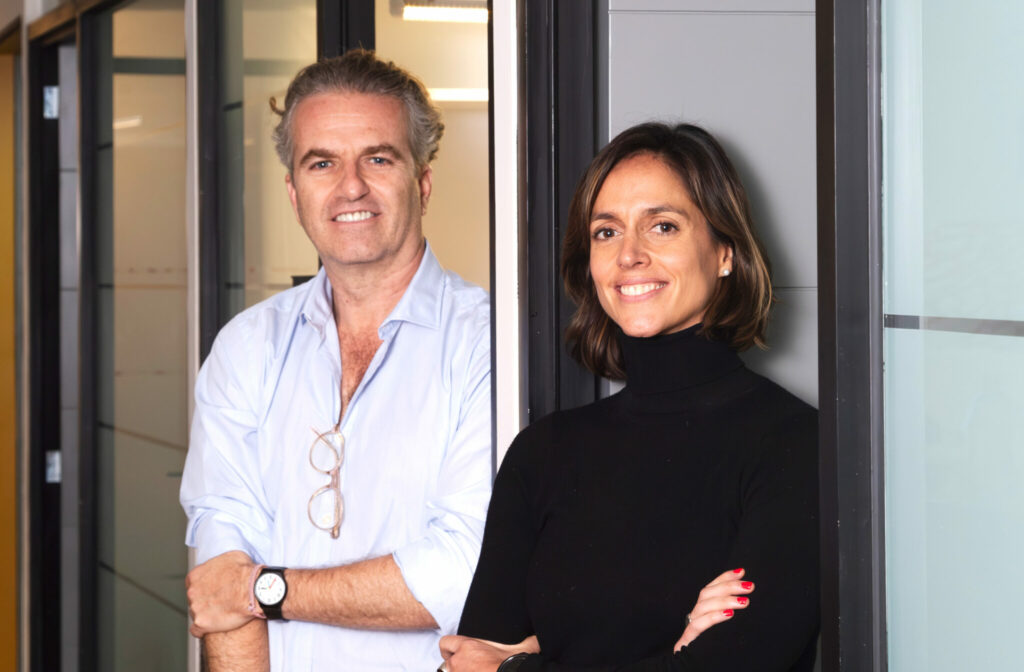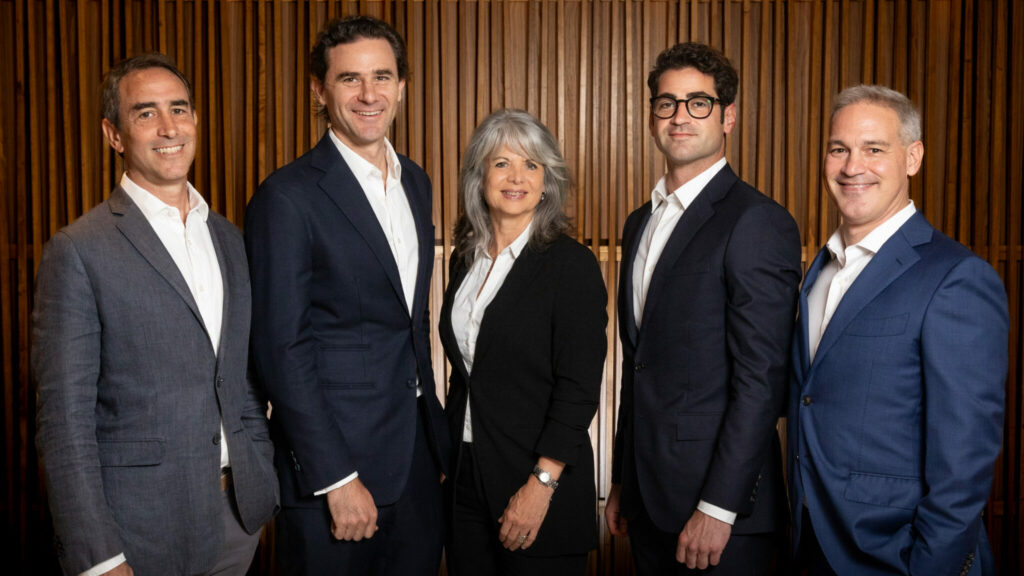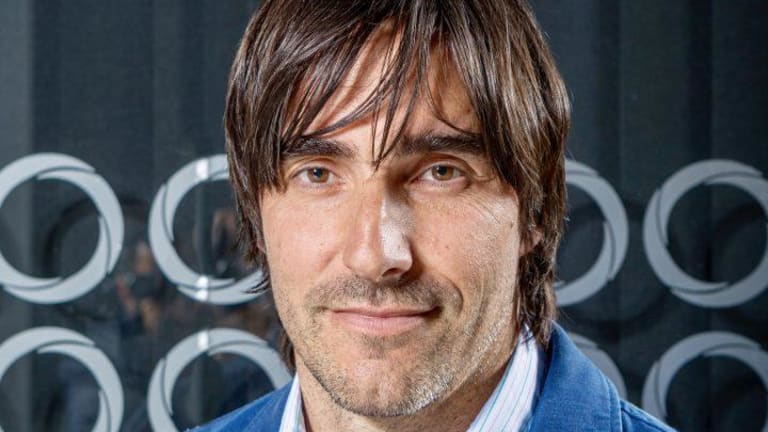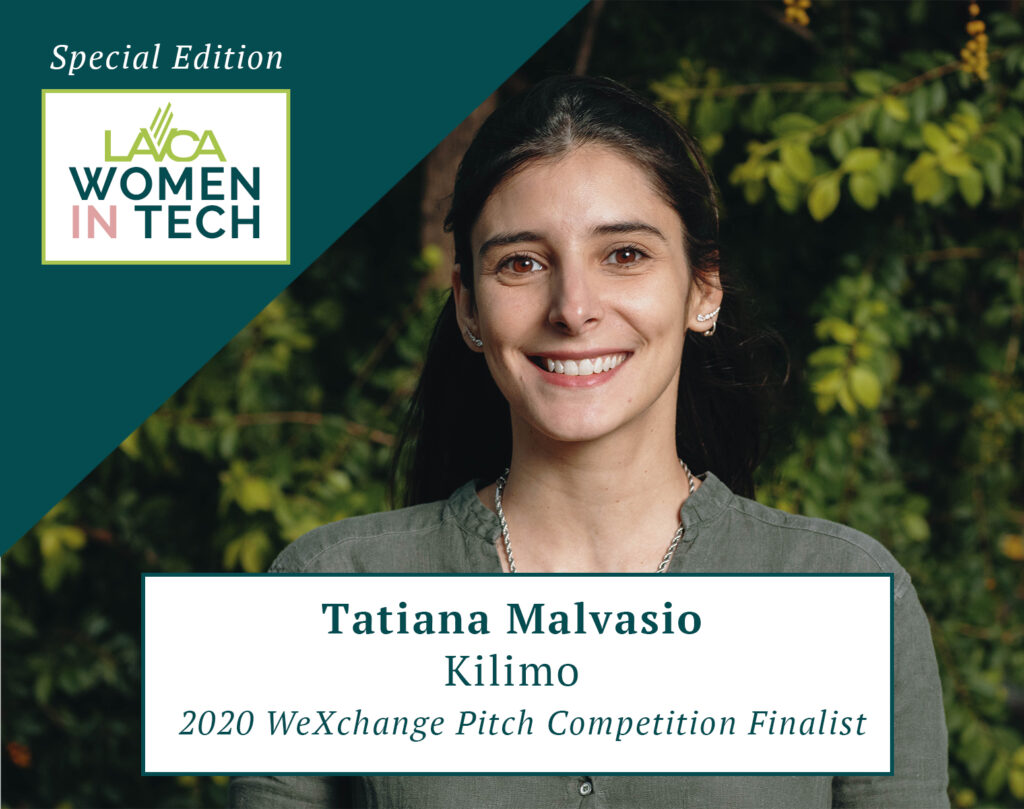Entrepreneur Profiles
The Pendulum of Education: An Interview with Descomplica CEO Marco Fisbhen
22 February 2021

Company: Descomplica
Investors: Invus Opportunities, SoftBank, Peninsula Participações, Chan Zuckerberg Initiative, The Edge, Valor Capital Group, Amadeus Capital Partners
Interview with: CEO Marco Fisbhen
Brazilian edtech Descomplica recently raised a US$84.5m round led by Invus Opportunities and SoftBank, with participation from Península Participações, the Chan Zuckerberg Initiative, and U2 guitarist The Edge, and follow-on from Valor Capital Group and Amadeus Capital Partners, representing the largest known round in a Latin American edtech startups, according to LAVCA Data.
LAVCA interviewed founder and CEO Marco Fisbhen to learn more about the company’s perspective on the evolution of edtech in Brazil, the appetite of local investors for opportunities in the education sector, and the potential of community-driven learning as a key student engagement driver.
LAVCA: When Descomplica was founded in 2011, the company’s cap table was primarily comprised of international investors. What was the main driver in getting local investor interest in subsequent rounds?
Marco Fishben: In 2021, no investor wants to deploy capital in a company only focused on printing diplomas or some education platform that doesn’t drive tangible pedagogical outcomes. As the education space has seen more exits and traction, more local investors have become interested in the category.
The reality is that it took some time for LatAm-based VCs and PEs to understand the potential impact and size of the market for digital education. Local investors needed to be convinced that the edtech space could address tangible problems, drive revenue, and have exits, all at the same time.
LAVCA: Do you think that the future of digital education lies in content creation or in content curation? Should Descomplica focus on being the best aggregator of high-quality third party content, or in producing in-house proprietary materials?
I don’t think we have to choose. Descomplica operates in three adjacent markets: university entrance exams, test preparation courses, and undergraduate and graduate programs. Those all have different demands and pain points.
We do have the capability of producing high-quality content at scale – we now have tens of thousands of videos live, and twelve recording studios. However, from a pedagogical standpoint, we need to understand what we can do really well internally and how other content creators can be complementary, and adjust our capabilities to focus on what is best for the student. As a fast-growing company, we must be able to adjust iteratively between content production and content aggregation to fit the student’s needs.
In terms of content production, we always think we need to go from “edutainment” to “eduployment”.
It all starts with “edutainment.” In order for us to be effective, you need to be engaged as a student. We use real-time reactions in our sessions all the time, and students leverage them millions of times per month to let us know how they are progressing. We use these reactions to assess how excited the student is and how we can best curate their student plan.
However, our process always ends with “eduployment.” We are engineers at heart and we tend to be very pragmatic and understand that students are demanding our services because they need to get into a university, get a job, or increase their employability.
For Descomplica, entertainment is the hook. You come for the need, but you stay for the experience, the network, and the feeling of belonging.
LAVCA: How is Descomplica thinking about community-driven learning and support as a way of driving student engagement?
We need to focus on two main pillars: personalization and student connection. First, we need to understand exactly who you are and what you need so that we can make sure your learning experience is catered towards you, but also to ensure that you can be surrounded by like-minded peers. Ultimately, we want to drive relationships through personalization by connecting you with other students who have common interests and similar objectives.
I’m a physics teacher, so let’s use the pendulum as an analogy: We need to be able to go back and forth between gathering enough information to personalize each student’s experience, and his or her ability to connect to the broader community.
LAVCA: Descomplica has been around for ten years now. Have you had to adapt your model to consumption preferences as you cater to newer generations?
Our overall approach has not changed. For example, making our content fun and engaging has always been a constant. However, the criteria for what is considered entertaining have radically changed from one generation to the other.
Even though videogame fun in the ‘90s is completely different from videogame fun in 2021, it is still the same category. The same applies to the educational experience.
Entertainment in the educational experience works in the same way as the evolution of video game entertainment: What was fun and engaging in the ‘90s (i.e., PacMan) is not so fun and engaging in 2021 (i.e., Fortnite). In education, you don’t have to look back to the ‘90s to find that contrasting difference in experience; it’s enough for you to look back to 2015 to see how much things have changed. Descomplica has had to adapt the kind of classes, the pace, and above all, the speed of our content and jokes since then.
However, I must be clear that we don’t produce the type of content that tries to bypass the educational system. We are an ecosystem player. It takes a village to raise a child, and it takes an ecosystem to change education. You will never see us saying that everything is broken and that we are the solution to all of the problems in education.
LAVCA: Does Descomplica make an active effort for the faculty to resemble the student population it teaches in terms of age and diversity?
When we think about our faculty, we believe it’s important to have a healthy equilibrium between students feeling represented by the teachers and their need to have long-term career role models. Usually, our classes include a senior professor and a younger teacher assistant to complete the picture.
It’s relevant to say that once we started catering to low-income children, the inspirational role models became increasingly more important as, for many of these children, this would be their first exposure to higher education.
LAVCA: Walk us through the launch of Faculdade Descomplica and the experience of going from a complimentary resource for higher education to a replacement of certain programs and degrees.
We always had the vision of launching a higher education institution since the early days, but we needed to make sure we had the right brand and the financial capabilities to do so. As such, we remained a very focused company and decided to own the test prep space before moving forward. Once we felt that we had become leaders in this category, we started looking into adjacent opportunities, and found that becoming a college was the natural progression of providing prep courses for college entrance exams.
Valor Capital Group understood this since our earliest conversations when they first invested. Launching Descomplica College was only a matter of time, market trust, and proper capitalization.
There are 5 million kids taking ENEM (Exame Nacional do Ensino Medio, Brazil’s college entrance exam) to compete for only 200k spots in top-tier public institutions. It’s a brutal funnel, and Descomplica College aims to materially increase the number of seats and the level of opportunity. Additionally, 50% of the 100 million Brazilian active workers do not have a higher education diploma. These 50 million underprepared Brazilians are equally as important as the 5 million annual students taking ENEM. We want to help those who thought attending a university was not for them five or ten years ago.
You may be interested in...
-

Is AI a Thing in Latin America? In Conversation with Hi Ventures
LAVCA sits down with Hi Venture to discuss their evolving thesis and vision for...
-

The Future of B2B Startup Investing in LatAm: In Conversation with NXTP
NXTP Ventures recently reached a USD98m final close for NXTP Fund III, its third...
-

A 20-Year Journey: An Interview with Technisys CEO Miguel Santos
Company: Technisys Investors: KASZEK, Dalus Capital, Riverwood Capital Interview...
-

Satellite Analytics & Irrigation Systems: Interview with Kilimo COO Tatiana Malvasio
Company: Kilimo Investors: NXTP Ventures, Alaya Capital, The Yield Lab, Xpand...